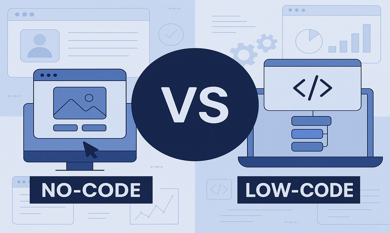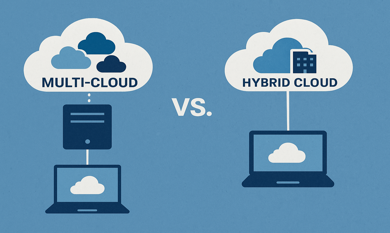Artificial Intelligence (AI) is rapidly transforming industries worldwide, but nowhere is its impact more pronounced and complex than in regulated sectors such as healthcare, finance, insurance, and legal services. A new wave of Agentic AI systems—autonomous, decision-making agents capable of operating with minimal human oversight—is reshaping workflows and service delivery. However, with great power comes great responsibility.
Enterprises in regulated industries face significant governance and compliance challenges when deploying these systems. Data sensitivity, regulatory frameworks, and ethical responsibilities require a thoughtful, solutions-driven approach. Without effective safeguards, Agentic AI adoption could expose organizations to reputational, financial, and legal risks.
This article explores the governance and compliance challenges of Agentic AI in regulated industries and presents strategies to overcome them.
Understanding Agentic AI in Regulated Industries
Agentic AI differs from traditional rule-based AI because it autonomously makes decisions, learns continuously, and adapts to dynamic environments. For example:
- In healthcare, Agentic AI can recommend personalized treatment plans.
- In finance, it can autonomously detect fraud and perform compliance checks.
- In legal services, it can analyze case law and draft initial reports.
While these capabilities enhance efficiency and accuracy, they also raise questions of accountability, transparency, and trust especially in industries governed by strict regulatory frameworks.
Governance Challenges of Agentic AI
1. Accountability and Liability
Who is responsible when an Agentic AI makes a mistake? If a financial AI system incorrectly flags a legitimate transaction as fraudulent or a healthcare AI makes a misdiagnosis, accountability becomes blurred between developers, enterprises, and end-users. Governance models must establish clear roles and responsibility frameworks.
2. Bias and Fairness
Agentic AI systems often rely on historical data, which may carry biases and inequities. For instance, in lending, biased data can result in discriminatory loan approvals. Regulatory bodies like the Equal Credit Opportunity Act (ECOA) in the U.S. prohibit such bias, making it critical for organizations to adopt bias-detection and mitigation strategies.
3. Transparency and Explainability
Agentic AI’s autonomous decision-making often functions like a "black box." In regulated industries, explainability is non-negotiable. For example, healthcare providers must explain treatment recommendations to patients. Lack of transparency could lead to compliance violations under acts like HIPAA or GDPR.
4. Continuous Monitoring
AI models evolve over time, and unchecked evolution may result in drift from compliance requirements. Without ongoing monitoring, an AI that was once compliant may no longer adhere to industry standards. Robust governance requires constant monitoring, auditing, and updating.
Compliance Challenges of Agentic AI
1. Data Privacy Regulations
Agentic AI thrives on data. However, regulations like HIPAA, GDPR, and CCPA restrict how personal and sensitive data can be collected, processed, and stored. Companies must ensure data anonymization, encryption, and consent management to remain compliant.
2. Cross-Border Regulations
Global enterprises face additional challenges since compliance standards vary across jurisdictions. For example, a banking AI in the U.S. must comply with FINRA, while in Europe, MiFID II applies. Deploying Agentic AI across borders without harmonized compliance frameworks can lead to conflicts and fines.
3. Auditability and Reporting
Most regulators require comprehensive documentation and audit trails. Agentic AI systems that adapt in real-time make it difficult to maintain accurate logs. Enterprises must adopt tools that provide explainable audit trails without compromising performance.
4. Cybersecurity Risks
Agentic AI systems are attractive targets for cyberattacks because they handle sensitive data and critical processes. A breach not only risks regulatory fines but also erodes public trust. Compliance requires adopting best practices in cybersecurity, access control, and incident response frameworks.
Solutions for Governance and Compliance
1. AI Governance Frameworks
Enterprises should adopt governance frameworks aligned with NIST AI Risk Management Framework or ISO/IEC standards. These frameworks help establish accountability, monitoring, and ethical practices for Agentic AI deployment.
2. Human-in-the-Loop Oversight
While Agentic AI is designed for autonomy, regulated industries benefit from a hybrid approach. Human-in-the-loop oversight ensures that critical decisions—such as approving medical diagnoses or high-value financial transactions—are reviewed and validated by experts.
3. Compliance-Centric Development
Building compliance into AI from the start is more effective than retrofitting later. Enterprises must partner with providers offering Agentic AI development services, startup IT solutions & services Dallas, ensuring the system meets both business and regulatory needs.
4. Ethical AI Practices
Organizations must go beyond compliance and integrate ethical considerations like fairness, inclusivity, and transparency. Establishing internal ethics boards and training employees on responsible AI use ensures a proactive approach.
5. Continuous Compliance Monitoring Tools
Using AI-driven compliance monitoring tools can help enterprises track performance, detect anomalies, and maintain alignment with regulatory updates in real-time.
Case Studies of Governance and Compliance in Action
- Healthcare: Mayo Clinic
Mayo Clinic has been exploring AI-driven diagnostics while strictly adhering to HIPAA. Their approach combines AI transparency with human oversight, ensuring patient safety.
- Finance: JPMorgan Chase
JPMorgan Chase has integrated AI for fraud detection while complying with SEC and FINRA regulations. They use advanced monitoring tools for bias detection and transaction audits.
- Legal Services: Thomson Reuters
Thomson Reuters’ Westlaw Edge AI assists in legal research with compliance-focused explainability features, ensuring decisions align with industry laws.
The Future of Agentic AI in Regulated Industries
As regulations evolve, Agentic AI adoption will depend on an enterprise’s ability to blend innovation with compliance. Governments are drafting AI-specific policies (such as the EU AI Act), which will soon mandate stricter oversight. Forward-looking organizations must invest in compliance-first AI strategies to remain competitive.
Those who succeed will not only mitigate risks but also unlock transformational opportunities in efficiency, decision-making, and customer experience.
Conclusion
Governance and compliance are no longer side conversations—they are central to the successful adoption of Agentic AI in regulated industries. Enterprises that proactively address challenges in accountability, data privacy, transparency, and cybersecurity will be better positioned for sustainable growth.
Partnering with an Agentic AI development company Dallas like Theta Technolabs ensures that your enterprise benefits from Web, Mobile, and Cloud innovations while staying compliant with evolving regulations.
📩 For tailored AI governance and compliance solutions, reach us at sales@thetatechnolabs.com.
Ready to Navigate Compliance with Confidence?
Adopting Agentic AI doesn’t have to be overwhelming. With the right partner and solutions, your business can innovate while staying fully compliant.
📧 Contact us today at sales@thetatechnolabs.com to explore how we can help!






















_Choosing%20the%20Right%20App%20Development%20Company_%20A%20Comprehensive%20Guide_Q1_24.jpg)
_Chatbots%20for%20Event%20Management%20and%20Hospitality%20Services_Q1_24.jpg)
_Best%20iOS%20App%20Development%20Company_%20Enhancing%20User%20Engagement%20with%20Push%20Notifications_Q2_24.jpg)
_Key%20Trends%20in%20Healthcare%20Software%20Development%20for%20the%20Future_Q2_24.jpg)
_How%20much%20does%20it%20cost%20to%20create%20an%20android%20app%20in%202024%20for%20Startups_%20A%20detailed%20guide_Q2_24.jpg)
_Integrating%20Chatbots%20Into%20Your%20Application.jpg)


_Enhancing%20Driver%20Safety%20and%20Compliance%20with%20Web%20Apps%20in%20the%20Logistics%20Sector_Q3_24.jpg)
_Web%20Apps%20for%20Retail%20and%20eCommerce_%20Streamlining%20Operations%20and%20Reducing%20Costs_Q3_24.jpg)
_How%20AI%20is%20Enhancing%20Construction%20Site%20Surveillance%20and%20Security%20in%20Dallas_Q3_24-1.jpg)
_The%20Impact%20of%20Cross-Platform%20Apps%20on%20Real%20Estate%20Market%20Trends%20in%20Dallas_Q3_24-1.jpg)
_Streamlining%20Appointment%20Scheduling%20with%20Cloud%20Computing%20in%20Dallas%20Healthcare_Q4_25.jpg)
_How%20Cloud%20Solutions%20Are%20Enhancing%20Remote%20Patient%20Monitoring%20in%20Healthcare_Q4_25.jpg)










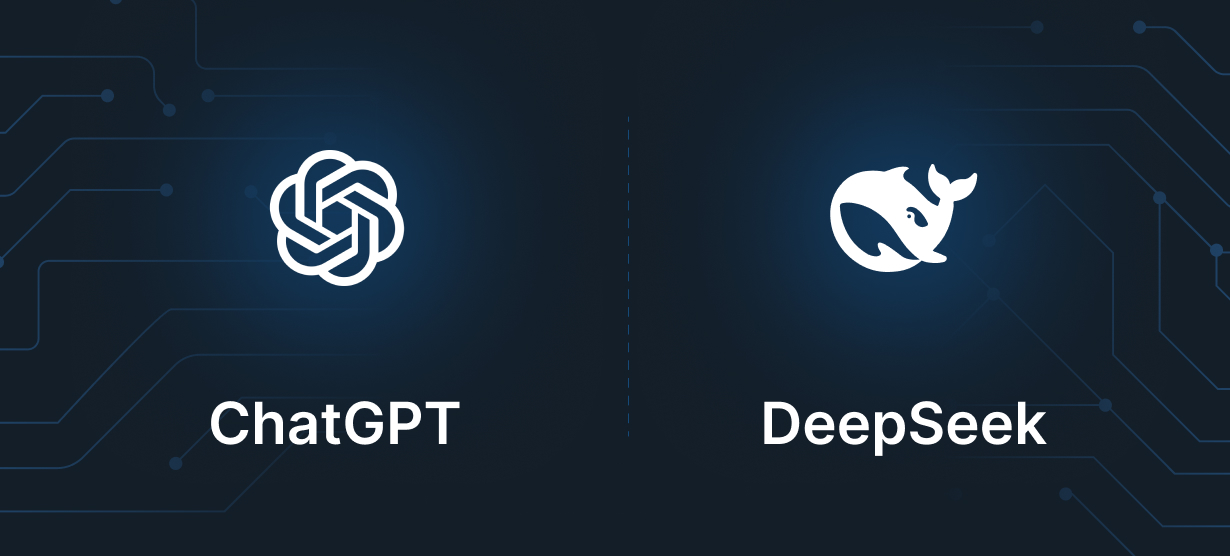




















.png)






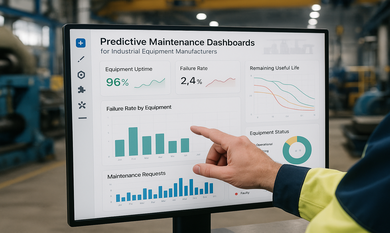



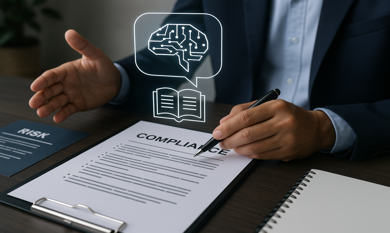

.png)

.png)
.png)
.png)
.png)


.png)
.png)
.png)

.png)






.png)
.png)








